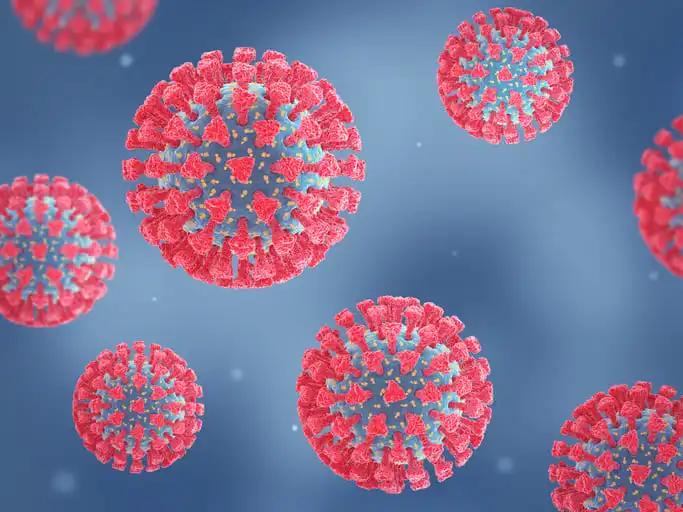KEY TAKEAWAYS
- The study aimed to evaluate the effectiveness of multi-peptide pulsing to generate T cells targeting TNBC.
- The results showed that multi-peptide-pulsed T cells effectively kill TNBC cells through cytotoxic mechanisms.
Triple-negative breast cancer (TNBC) is characterized by its aggressiveness and limited treatment options, making it a significant challenge for patients.
Suyanee Thongchot and the team aimed to investigate the potential of adoptive cell transfer, which involves generating antigen-specific T cells from peripheral blood mononuclear cells (PBMCs). The overexpression of mesothelin (MSLN) and nucleolin (NCL) in TNBC highlights their viability as targets for T cell therapy.
The study confirmed the expression of MSLN and NCL in patient samples of TNBC through immunohistochemistry. They synthesized MSLN and NCL peptides, which were combined and administered to activate PBMCs from healthy donors. The cancer-killing ability of the resulting T cells was assessed using crystal violet staining, while their subtypes and cytokine production were characterized using flow cytometry and cytokine bead array.
The results demonstrated that 85.3% (127/149) of TNBC cases were positive for either MSLN or NCL, or both, with single positivity rates of 14.1% for MSLN and 28.9% for NCL. MSLN and NCL peptides, which showed high binding affinity for HLA-A*02, were combined and introduced to activated PBMCs from healthy donors.
The co-pulsed PBMCs significantly increased the production of TEM and TEMRA CD3+/CD8+ T cells and IFN-γ compared to single-peptide pulsed or unpulsed conditions. Importantly, MSLN/NCL-specific T cells induced cell death in MSLN+/NCL+ MDA-MB-231 cells, releasing critical cytotoxic factors such as perforin, granzymes A and B, Fas ligand, IFN-γ, and granulysin.
The study concluded that using multiple immunogenic peptides represents a promising therapeutic strategy for treating patients with TNBC.
Open access funding provided by Mahidol University. The current study was supported by the Siriraj Research Fund, Faculty of Medicine Siriraj Hospital, Mahidol University (R016334002 and R016737004).
Source: https://pubmed.ncbi.nlm.nih.gov/39294656/
Thongchot S, Aksonnam K, Prasopsiri J, et al. (2024). “Mesothelin- and nucleolin-specific T cells from combined short peptides effectively kill triple-negative breast cancer cells.” BMC Med. 2024;22(1):400. Published 2024 Sep 18. doi:10.1186/s12916-024-03625-3



